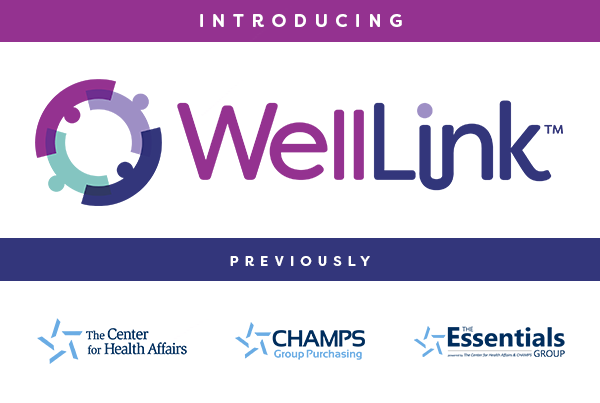The Center Launches Regional Patient Navigation Collaborative
In the eyes of a patient, especially one with a chronic or complex illness, the healthcare system can feel overwhelming. Compound the inherent complexities of the system with a variety of barriers patients can face – transportation, language, and many others – and patients can have difficulty following the care plan developed by their team of providers.
Alleviating these difficulties is at the core of a recently formed initiative aimed at helping patients successively navigate the healthcare system. The Northeast Ohio Patient Navigation Collaborative was born out of a cooperative effort between The Center for Health Affairs and the Academy of Medicine of Cleveland & Northern Ohio and comprises healthcare systems, hospitals and community organizations seeking to reduce barriers to timely, quality care, and connect patients and their families to important community resources to help them navigate the healthcare system.
The Northeast Ohio navigation initiative is based on the model developed by Harold Freeman, MD, of the Patient Navigation Institute, a pioneer and leader in the field. The model uses specially trained navigators who work closely with both patients and caregivers in order to efficiently and effectively overcome barriers, find solutions to challenges, and assist patients with the logistics of their care.
One of the first steps taken has been the development of a pilot program. Through the pilot, The Center teamed up with the national consulting firm Accenture, which was engaging in pro bono work related to patient navigation in several cities around the country, the first of which is Cleveland. Accenture has made available scholarships to train potential navigators through Dr. Freeman’s Patient Navigation Institute and is covering the cost of half of the salary for three navigators (two full-time equivalents) for the first six months of the year-long pilot, which began in late 2011. The pilot is taking place at MetroHealth Medical Center and is focused on assisting patients with sickle cell anemia, breast cancer, and head and neck cancers. The Center for Health Affairs is covering the remaining cost of the navigators’ salaries to complete the 12-month pilot.
At the conclusion of the pilot, The Center and Accenture expect to demonstrate the effectiveness of the program based on a set of pre-determined metrics. Ultimately, The Center plans to illustrate that the cost savings hospitals can achieve through their use of navigators can exceed the costs of administering a navigator program.
The Collaborative will take the work that’s beginning through the pilot and expand it out into the community. In January, The Center, with the support of the Collaborative, applied for a $7.7 million grant through the Centers for Medicare and Medicaid Services Health Care Innovation Challenge to support such an expansion. Regardless of the outcome of the grant application, the Collaborative is committed to moving ahead with the development of a network of patient navigation services in the community.
For more information on The Center’s patient navigation activities, contact Sarah Kresnye at sarah.kresnye@chanet.org or 216.255.3638.

